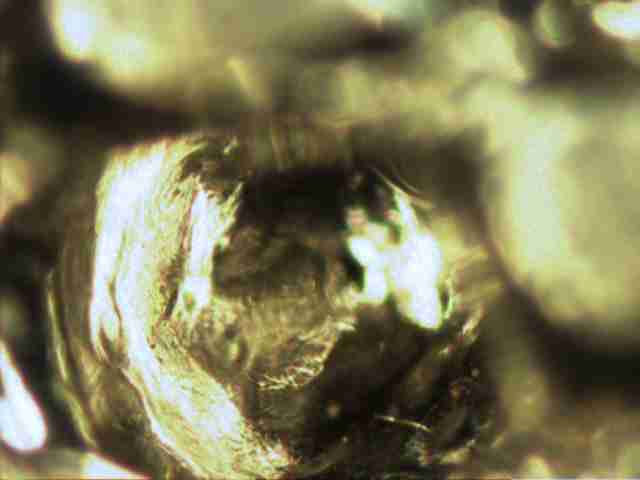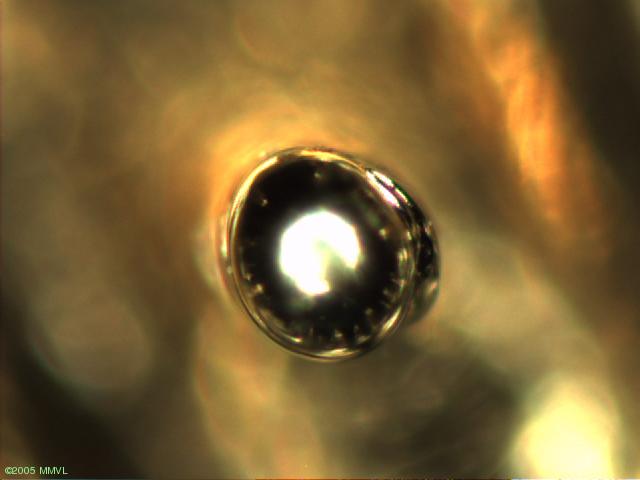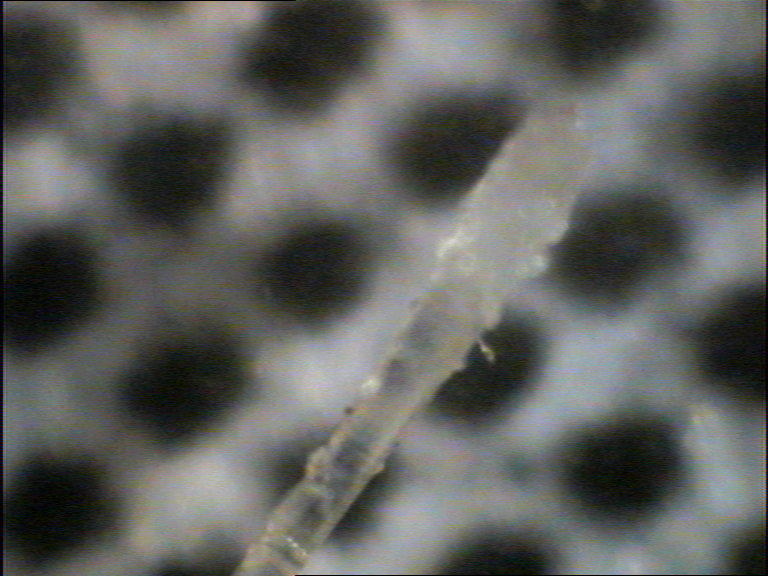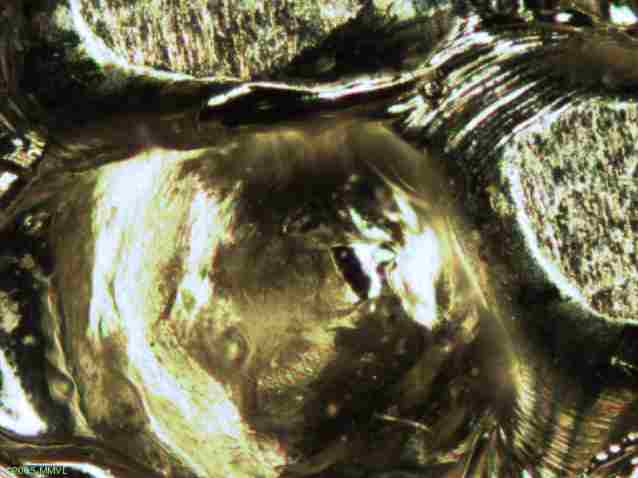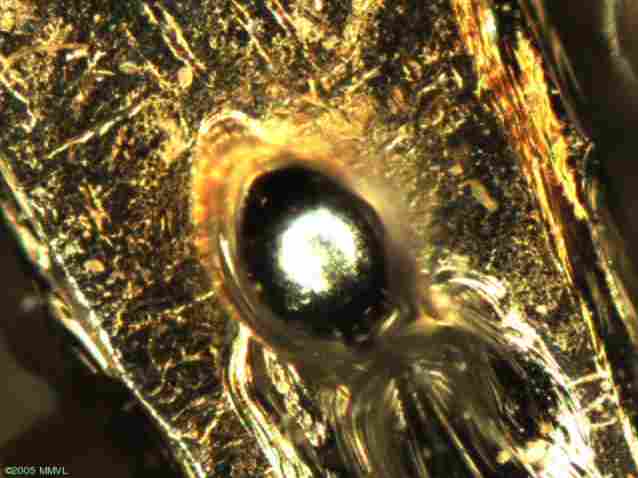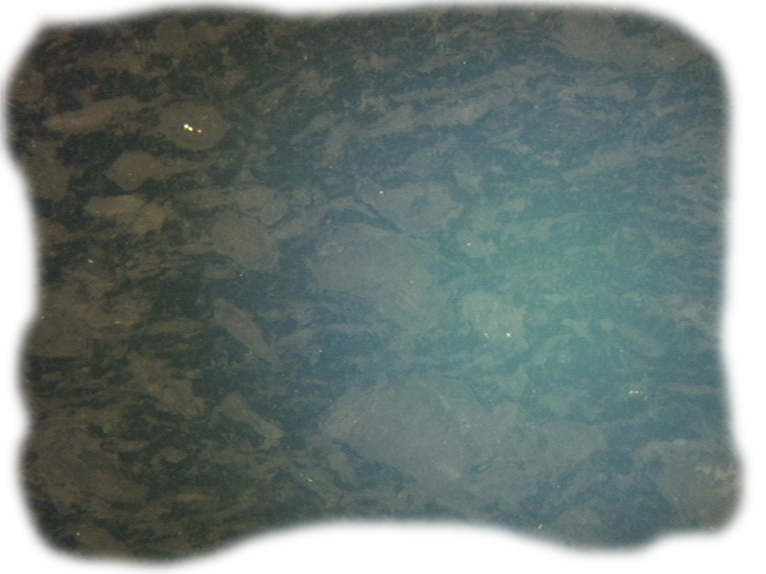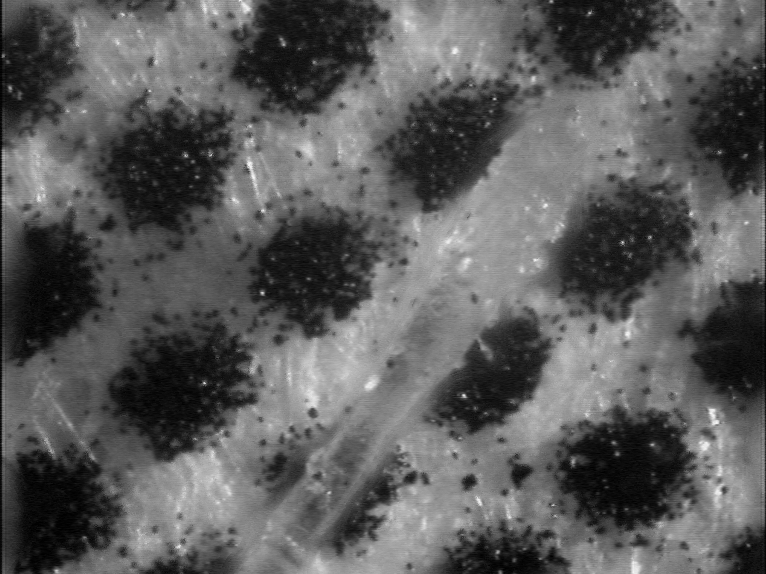Depth from Focus
(Difference between revisions)
(Added hair) |
m |
||
| Line 2: | Line 2: | ||
{|align="center" | {|align="center" | ||
|- | |- | ||
| − | |[[Image:grid_0055.jpg|thumb|200px|First surfi-sculpt object, Leica DM LAM]]||[[Image:wheel_0136.jpg|thumb|200px|Second surfi-sculpt object, Leica DM LAM]]||[[Image:BrokenSuevit1_001500.png|thumb|200px|Piece of Suevit (enamel like material from meteorite impact) from the [http://en.wikipedia.org/wiki/Ries Nördlinger Ries, Leica DM RXA | + | |[[Image:grid_0055.jpg|thumb|200px|First surfi-sculpt object, Leica DM LAM]]||[[Image:wheel_0136.jpg|thumb|200px|Second surfi-sculpt object, Leica DM LAM]]||[[Image:BrokenSuevit1_001500.png|thumb|200px|Piece of Suevit (enamel like material from meteorite impact) from the [http://en.wikipedia.org/wiki/Ries Nördlinger Ries], Leica DM RXA]]||[[Image:Hair20.png|thumb|200px|Micro-camera image of a hair on top of a laser printout]] |
|- | |- | ||
|} | |} | ||
Revision as of 16:25, 6 November 2005
Here are some typical microscope images (showing a surface, which has been shaped using a power beam).
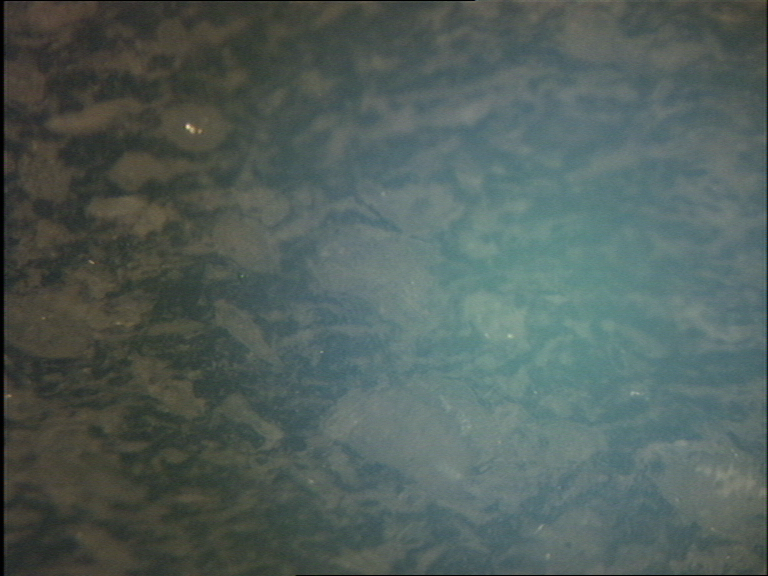 Piece of Suevit (enamel like material from meteorite impact) from the Nördlinger Ries, Leica DM RXA |
Using a focus-stack one can compute images with extended depth of focus:
If the surface can be illuminated properly, one can even do a 3D-reconstruction of the surface:
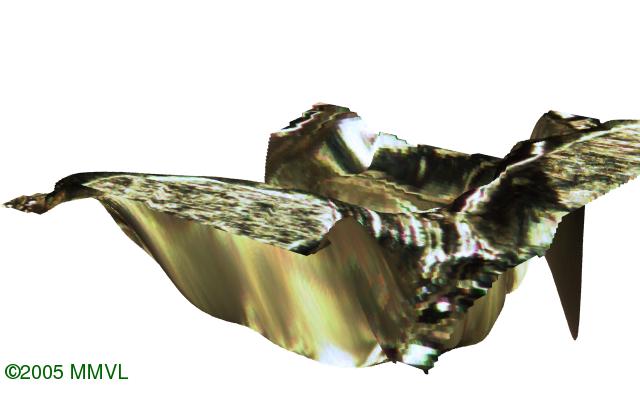 3D reconstruction of first object (742kB video) |
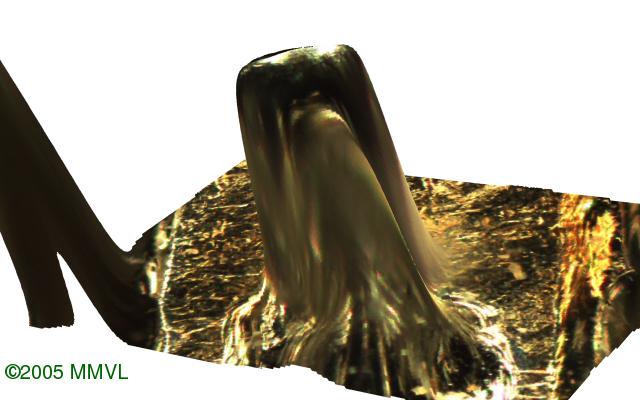 3D reconstruction of second object (725kB video) |
[[Image:suevit20.png | 200px|3D reconstruction of suevit (1.4MB video)]] | 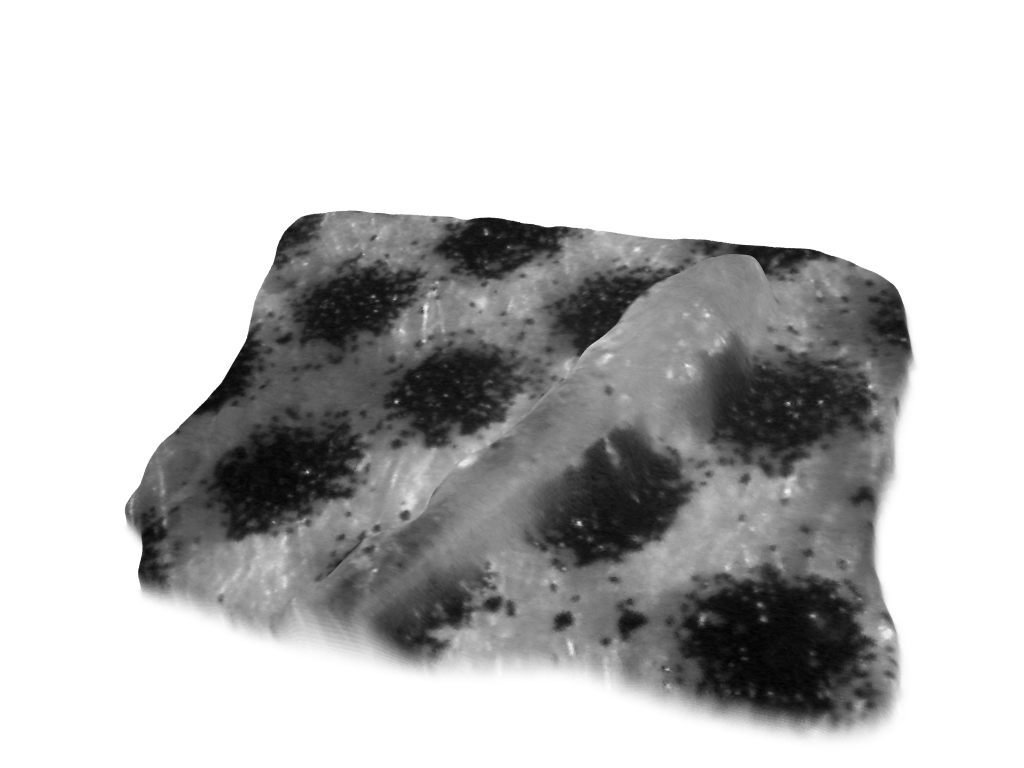 3D reconstruction of hair (1.4MB video) |
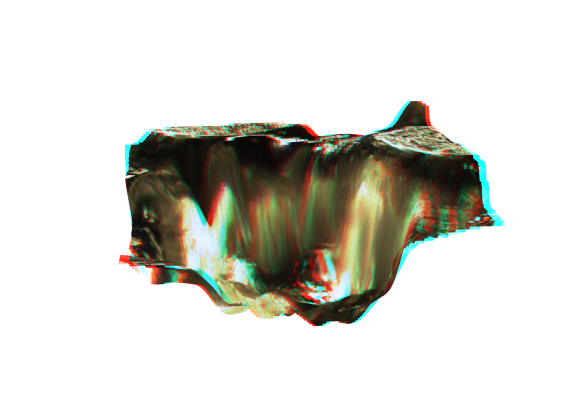 Stereo picture of first object (2.2MB video) |
As the idea for the algorithm was fixed already, it was possible to implement the algorithm as a command-line tool in less than 4 days, using existing Mimas-software (exspecially the operators for boost::multi_array).
As this is a "quick hack", there's still lots of space for improvements.
Links
- german diploma thesis about depth of focus (also available as PDF)
- Mechrob-paper Focus set based reconstruction of micro-objects
